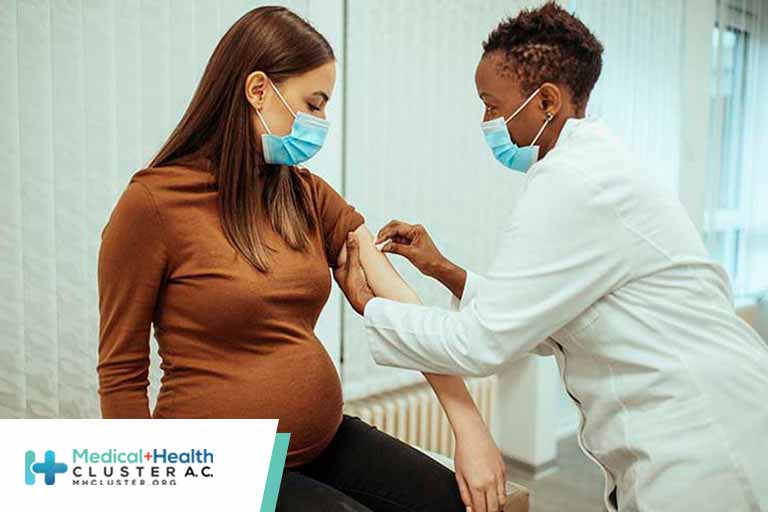7 días en 7 noticias, 1 cifra y 1 frase:...
Leer más
COVID-19 Vaccines: Safety in Pregnancy / J&J Data / Breakthrough Infections / Skilled Nursing Facilities

Here are some of the latest developments on the COVID-19 vaccines:
Safety of vaccine in pregnancy: Early results indicate that COVID-19 vaccination appears to be safe in the third trimester of pregnancy, according to a CDC study in the New England Journal of Medicine. Researchers compiled data from the v-safe pregnancy registry and surveillance system and the Vaccine Adverse Event Reporting System (VAERS) on pregnant adults who had received an mRNA COVID-19 vaccine. Post-vaccine local and systemic events seem to be similar between pregnant and nonpregnant individuals. The rate of spontaneous abortion was 12.6% among participants in the v-safe pregnancy registry with completed pregnancies, with the majority occurring by 13 weeks’ gestation. By comparison, published rates of spontaneous abortion range from 10% to 26%. For women with completed pregnancy, the rates of adverse pregnancy and neonatal outcomes appear to be similar to prepandemic rates. Among the pregnancies that ended in a live birth, 98% received their first vaccine dose in the third trimester.
Johnson & Johnson vaccine data: The final results of the phase 3 trial of the Johnson & Johnson Ad26.COV2.S COVID-19 vaccine have been published in NEJM. Some 40,000 people were randomized to receive the vaccine or placebo. The single-dose vaccine had 67% efficacy in preventing moderate-to-severe COVID-19 at least 14 days after vaccination. In this trial, seven serious adverse events related to vaccination were identified. Venous thromboembolic events were numerically more common in the vaccine group than the placebo group (11 vs. 3), and transverse sinus thrombosis with cerebral hemorrhage was seen in one vaccine recipient. Federal officials called for a pause in administration of this vaccine in the U.S. as regulators examine potential safety signals related to thromboses and thrombocytopenia.
Breakthrough infections: Researchers in the NEJM describe two cases of breakthrough infection in people who had been fully vaccinated. The patients tested positive 19 and 37 days after receiving their second doses of mRNA vaccines. Both patients appeared to have clinical responses to the booster dose, and both had mild symptoms after infection. Tests found that one patient was infected with a variant that was “related to but distinct from” the B.1.1.7 and B.1.526 variants of concern, and both patients had mutations of potential clinical concern. The authors conclude: “Our observations underscore the importance of the ongoing race between immunization and the natural selection of potential viral escape mutants.”
Post-vaccination infections at skilled nursing facilities: Two studies in MMWR examine the effect of vaccination on skilled nursing facilities. Researchers studied SARS-CoV-2 infections in 75 Chicago skilled nursing facilities after vaccinations began. Among 627 people with SARS-CoV-2 infection, 22 (4%) were fully vaccinated (i.e., it had been 2 weeks since their second dose). Two thirds of breakthrough infections were asymptomatic. Two hospitalizations and one death occurred. There was no secondary transmission associated with the breakthrough infections, and tests indicated that people with breakthrough infections had low viral load. Separately, another group of researchers describes a COVID-19 outbreak at a skilled nursing facility in Kentucky after 90% of its residents — but only half the staff — had been vaccinated. Forty-six people, including 26 residents and 20 healthcare workers, tested positive. Unvaccinated residents and staff had attack rates that were three to four times higher than unvaccinated people. Testing revealed the presence of the R.1 lineage variant, which has several important mutations but is not currently listed as a variant of concern.
Créditos: Comité científico Covid




